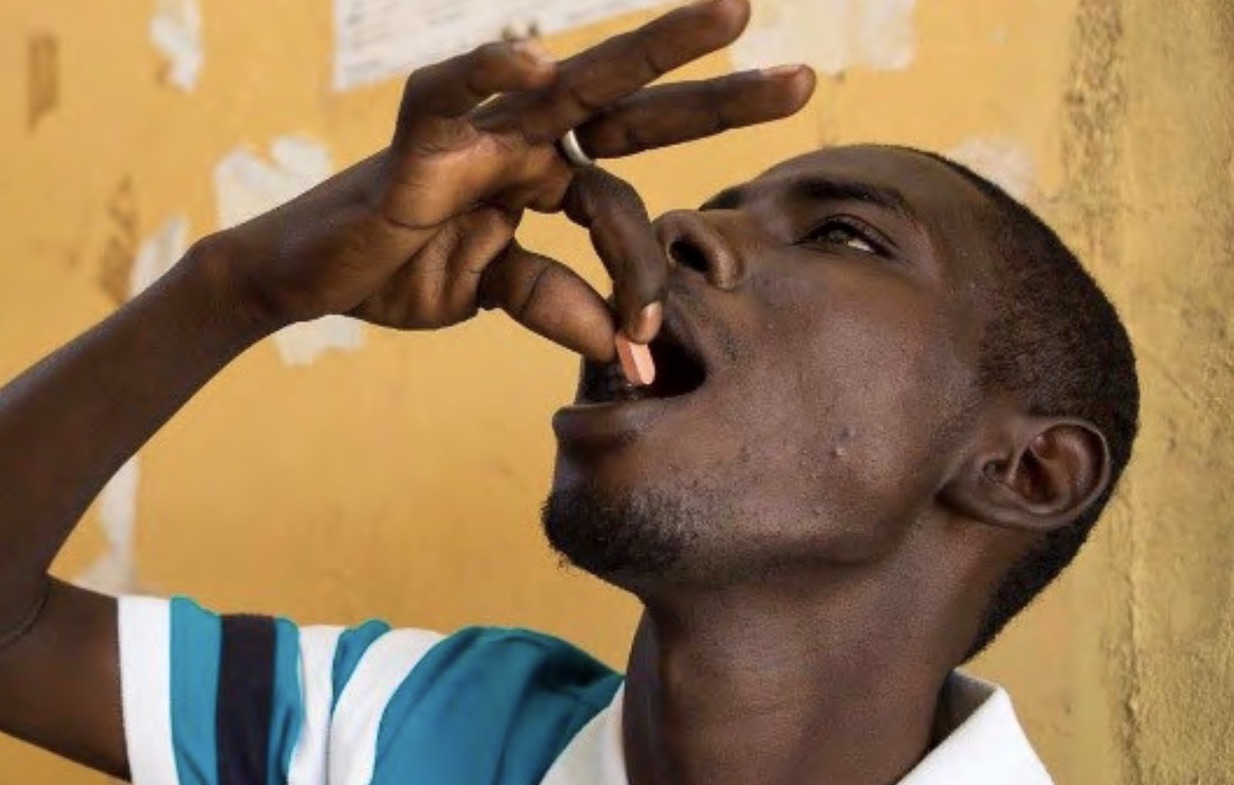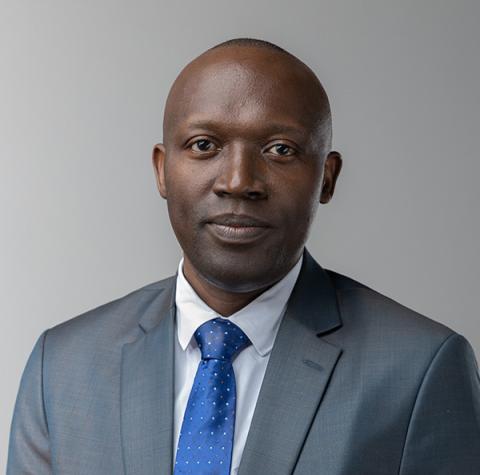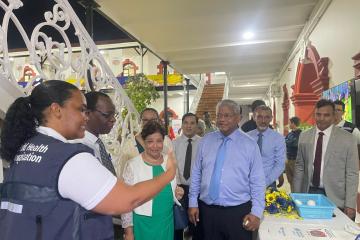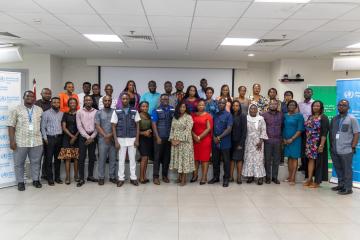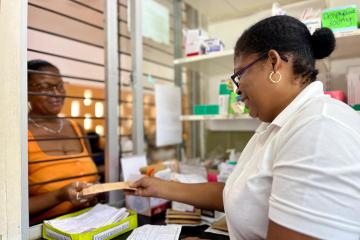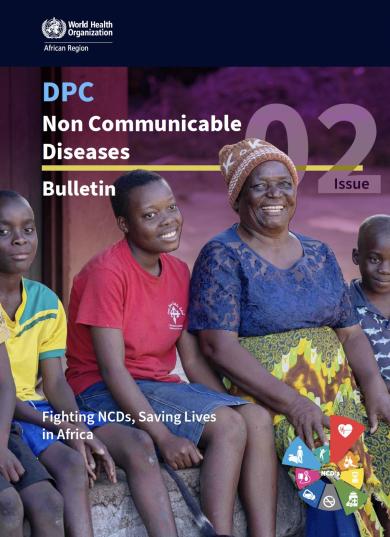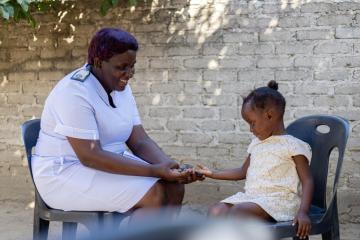
The Communicable Diseases and Noncommunicable Diseases (UCN) Cluster
The Universal Health Coverage/Communicable & Non-Communicable Diseases Cluster
Overview
The WHO/AFRO Universal Health Coverage | Communicable and Noncommunicable Diseases (UCN) Cluster was established in 2019 to better integrate the AFRO disease prevention and control programs within a health system strengthening framework through a data-centric, results-focused, and integrated cluster management approach. The UCN is responsible for delivering WHO|AFRO’s strategic agenda for four priorities areas of the SDGs – universal health coverage, NCDs and ageing, communicable disease control and the endgame strategies for neglected tropical diseases.The Cluster is lead by Dr IMPOUMA Benido.
UCN Structure: The cluster comprises four subject matter teams (SMTs): HIV, Tuberculosis, Hepatitis, and STIs (HTH); Tropical and Vector-Borne Diseases (TVD), including ESPEN; Vaccine-Preventable Diseases (VPD); and Noncommunicable Diseases (NCDs). Two cross-cutting units, the Strategic Planning and Policy Office and the Precision Public Health Office (PPH), have been established to help the SMTs achieve WHO's strategic and technical objectives on time and within budget. The SPP will support program management, strategic communications, resource mobilization, partner coordination, and monitoring and evaluation. The PPH will support data, information, knowledge management, health informatics, and training.
Dr IMPOUMA Benido
Director, Universal Health Coverage/Communicable & Non-Communicable Diseases
Dr Benido Impouma took up the office of Director, Communicable and Noncommunicable Cluster in 2021. He is responsible for coordinating and leading the programmes on HIV/TB, viral hepatitis, sexually transmitted infections, noncommunicable diseases, vaccine-preventable diseases and tropical and vector-borne diseases.
Dr Impouma is a public health specialist with extensive regional and international experience. He has more than 15 years of experience in the development, implementation, monitoring, evaluation and coordination of international public health programmes in such areas as neglected tropical diseases, health emergency preparedness and response, HIV, TB and malaria. Dr Impouma has extensive experience in building relationships and strengthening partnerships and collaboration with governments, donor agencies, pharmaceutical companies, research institutions, nongovernmental organizations and other stakeholders in the international health community to strengthen health systems across the region.
Bulletins
ResourcesAll →
